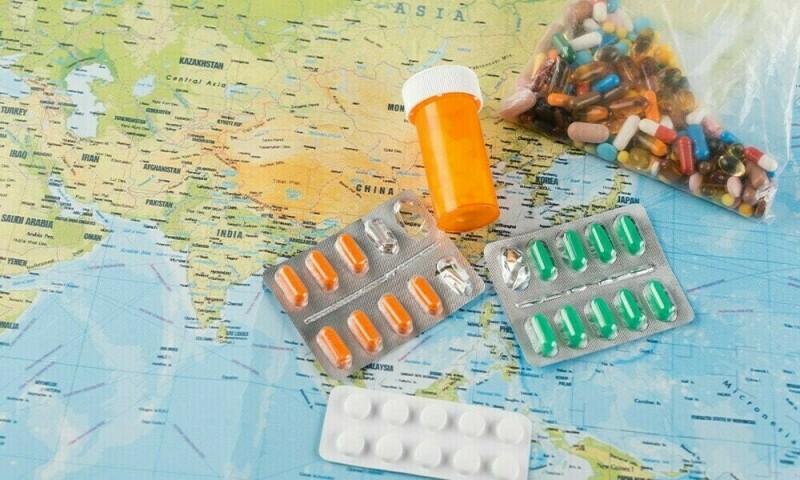ISLAMABAD: The Pakistan Pharmaceutical Manufacturers Association (PPMA) has claimed that following the government decision to deregulate the pharma industry, the sectoral exports have witnessed a 52 per cent increase within a year.
This was stated by Chairman PPMA Tauqeerul Haq who along with a delegation called on the Federal Minister for Health, Mustafa Kamal, to discuss strengthening collaboration between the government and the national pharmaceutical industry.
The meeting focused on enhancing mutual cooperation and addressing the challenges faced by the pharmaceutical manufacturing sector. The delegation briefed the minister on the sector’s performance and notable progress in recent months.
Tauqeerul Haq said that since July 2024, Pakistan has witnessed an increase of 52 per cent in pharmaceutical exports while crediting this growth to the government’s deregulatory policies, which have stabilised the industry and helped eliminate drug shortages in the market.
The delegation further noted that 90per cent of the medicines available in the local market are manufactured domestically, and many of these products meet the standards for export.
Kamal shared his vision for improving the healthcare system in Pakistan. He acknowledged the limitations of the current infrastructure, stating, “There will never be a day when the state alone can provide health facilities to every patient.”
He pointed out that due to the absence of functioning primary healthcare centres and referral systems, tertiary hospitals are facing overwhelming patient loads. “Seventy per cent of patients who should be going to Basic Health Units (BHUs) end up at major hospitals,” he stated.
Kamal emphasised that the key to resolving these challenges lies in telemedicine. “Over 80 per cent of our population is already using technology. Through telemedicine, we can reduce the burden on hospitals and are working on a comprehensive strategy to implement this,” he explained.
He called upon the pharmaceutical industry to play a vital role in the promotion of telemedicine and offered full government support in this area. Highlighting the integration of technology into health systems, the minister announced a significant reform: “With NADRA’s support, the national ID number will now serve as a patient’s Medical Record (MR) number.”
Mustafa Kamal further shared an ambitious future plan: “Soon, we will be delivering doctors and medicines right to people’s doorsteps.” He acknowledged the shortcomings in Pakistan’s healthcare system but reaffirmed the government’s commitment to leveraging technology for improved and accessible healthcare services.
The minister also stressed the government’s determination both at federal and provincial levels to eliminate counterfeit and substandard medicines. He advocated for the implementation of QR codes to ensure the availability of safe, effective, high-quality, and affordable medicines to the public.
“Fake medicines tarnish the reputation of our country and our companies,” Kamal said, urging pharmaceutical companies to take strict measures in this regard.
“These positions are a trust from God, and we are all accountable,” the minister remarked emotionally. “People come to us in pain, and this ministry is not a bed of roses for me—it is a test, and I am committed to passing it with integrity and responsibility.”
Copyright Business Recorder, 2025


